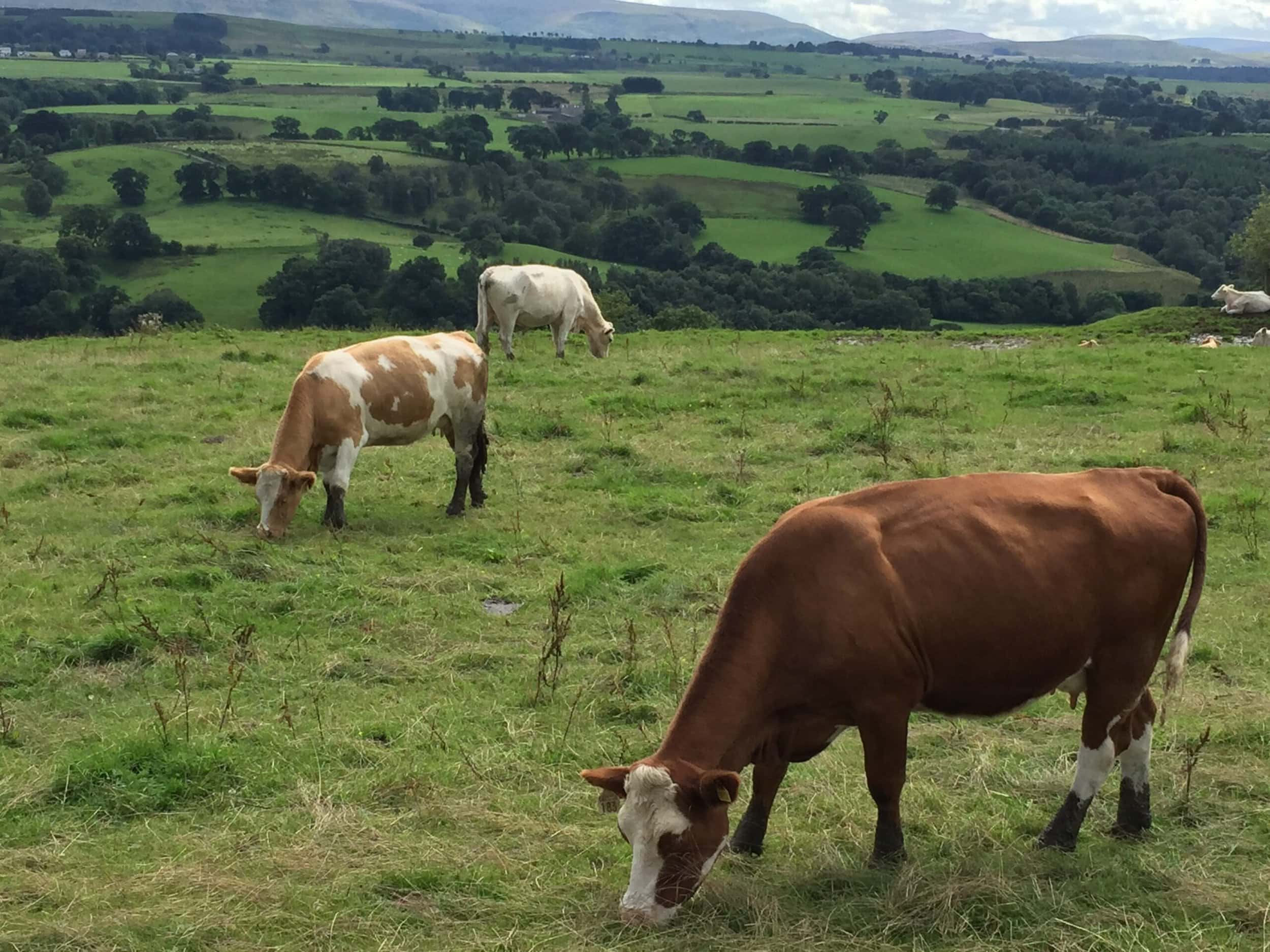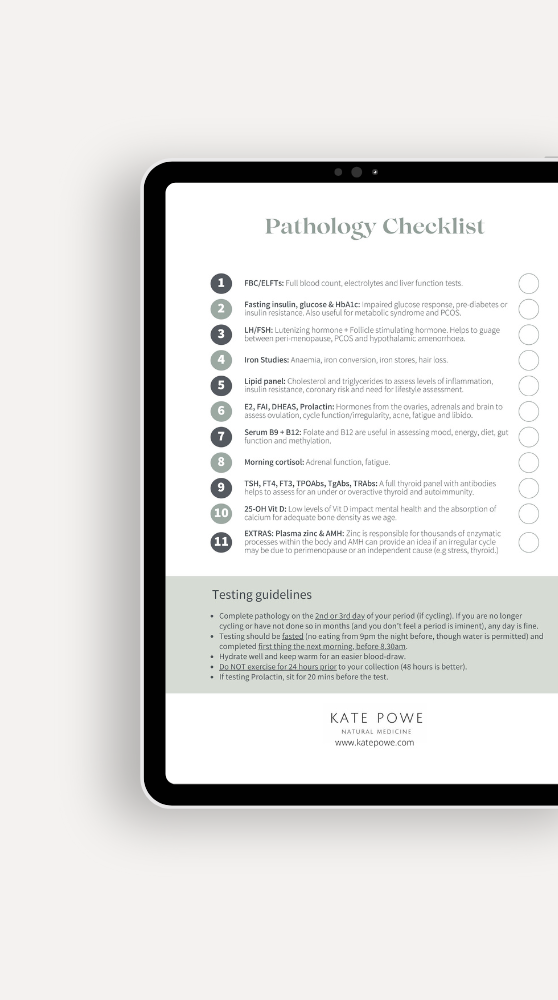Organs are gross and squishy and tucked away inside aren’t they?
Why no! (well not all of them). Often unknown as an organ at all, skin is in fact the body’s largest organ, accounting for up to 15% of your total body weight (that’s 15 kgs you definitely do not want to shed in a hurry.)
It’s absolutely essential as a barrier to external pathogens like bacteria, to excrete toxins (thank you sweat glands) and allow in essentials like moisture and the building blocks for Vitamin D.
It’s a major regulator of body temperature and let’s not forget simple protection for all the organs, bones, muscles and blood vessels doing their thing inside (we’d also look pretty bad with out it. Just sayin’.)
But about the only time we place any emphasis on this miraculous organ is when it’s showing signs of stress and aging.
So what can you do to ensure luminous, glowing, gorgeous skin no matter what your age? Well let’s break this down into what’s happening on the inside before taking a look at what you can do to promote sumptuous skin.
Gastrointestinal Tract
Central to great skin is the gastrointestinal tract (GIT) and it basically covers everything involved in digestion and elimination, from your mouth to your stomach, through the intestines and bowel and out the other end.
The stomach needs an acidic environment to break down and digest food before passing it onto the small intestine for assimilation. Without sufficient hydrochloric acid (HCl) in the stomach, not only could you experience poor digestion, heartburn and bloating, but also lack of absorption of essential key nutrients, vitamins and minerals required for skin health.
Secondly, we need a healthy gut biome to ensure enough good bacteria are present to ward off infection, yeast overgrowth such as Candida spp (implicated in acne and rosacea) and assist digestion.
TIP: Ensuring optimal B12 stores and supplementing with probiotics or fermented foods such as kefir can ensure a healthy gut microbiota. And if you’re having a difficult time with digestion in general, supplementing with betain HCl or digestive enzymes can help in the short-term.
Liver
As our primary detoxification organ, the liver is essential for removal of toxins via the bile for excretion through the bowel.
But more than that, the liver is our master organ.
It metabolises, converts and breaks down carbohydrates, proteins and fats, converts vitamins into active forms, creates bile, processes and detoxifies drugs, hormones, alcohol, steroids, eliminates old blood cells…it really is kind of a big deal.
One of its main roles involves filtering blood. And if this your liver isn’t 100% up to the task, one of the first places it will show is via your skin in the form of acne, boils, eczema and psoriasis.
If you want healthy skin, do not be disrespecting your liver.
TIP: taking 1 tbsp Apple Cider Vinegar (ACV) or lemon juice in half a glass of warm water first thing in the morning helps stimulate liver function whilst drinking dandelion coffee is a brilliant alternative to caffeine and is a beautiful liver detoxifier. My favourite is roasted dandelion root by Southern Light Herbs. D-e-vine.
Bowel
Without a well-functioning bowel, many of the toxins that have almost been eliminated after such an arduous journey through the GIT find themselves being reabsorbed back into the body’s circulation. This includes hormones such as oestrogen. Too much cycling oestrogen not only plays havoc with your reproductive health, but is also implicated in PCOS symptoms such as increased acne and facial hair.
TIP: Hydrate, hydrate, hydrate and if constipation is a problem, slippery elm can be taken to help promote bowel function. Take 1 tsp. in ½ glass warm water and mix to a paste. Or add to smoothies. Ensure you take plenty of water before and after. Exercise is also important to tone the bowel and to initiate activation of the lymphatic system.
What To Avoid
Wheat
Most of us have heard about intestinal permeability, or ‘Leaky Gut.’ It involves the weakening of what should be a tightly structured gut barrier lining.
When these gut gap junctions become weakened, larger proteins and other molecules that should be contained within your GIT can escape and circulate into the bloodstream. This leads to a weakening of the immune system overall, or can sometimes be implicated in a disordered immune response of self-attack, such as in autoimmune conditions.
In 2011, the work of Prof Alessio Fasano found a protein within intestinal cells called zonulin as the key regulator of intestinal barrier function. Zonulin is triggered via bacteria such as E. coli (not a bad thing when you want to flush those bad boys out into the bowel, even if that does mean a case of the runs!) But interestingly, he found zonulin also activated and weakened gap junctions in the presence of the wheat gluten protein, gliadin, in both coeliac and non-coeliac individuals.
And just in case you’re not totally convinced, gluten has been linked to skin conditions such as atopic dermatitis/eczema, herpetiformis and psoriasis, highlighting the importance of avoiding wheat for everyone for optimal gut, immune and skin health.
Sugar
Unless you’ve been living under a rock, you’ve probably heard about the implications of a high sugar diet in inflammation, diabetes and lowered immune function. So here are just a few key reasons why it’s not so great for you skin either:
- Refined sugars encourage overgrowth of Candida spp in times of lowered immunity. They promote serum insulin levels and lower insulin sensitivity in cases of acne and rosacea.
- Sugar is mineral depleting, inflammatory and may lead to low stomach hydrochloric acid levels, which has been linked to dermatitis.
- Sugar suppresses neutrophil function (they’re the first of your white blood cells to jump into battle at the onset of infection/disease), which impacts your body’s ability to mop up skin infections.
Milk/Dairy
Apart from an often high hormone content, studies have reported both dairy products and high-glycaemic-index foods negatively impact upon hormonal changes and inflammation within the body, which can lead to an increase in the occurrence and severity of acne.
So What Should I Eat?
BodyEcology 2012, Low Stomach Acid: The Risks, the Symptoms, and the Solutions, US, viewed 10 April 2012, http://bodyecology.com/articles/low_stomach_acid_symptoms.php
Hechtman L 2011, Clinical naturopathic medicine, Elsevier, Chatswood NSW
Pizzorno J et. al. 2008, The clinician’s handbook of natural medicine, 2nd edition, Churchill Livingstone Elsevier, Missouri
Kate is a qualified naturopath who is passionate about helping women heal from hormonal havoc and inspiring women to know their own power, worth and wisdom.
Kate offers one-on-one Skype consults for irregular cycles, PMS and period pain, endometriosis, PCOS, peri-menopause, mood swings, fatigue and mental and emotional stress.
Simply drop me an email to see how I can help you!










1 thought on “Ultimate guide for beautiful skin”
Very informative and interesting post Kate, which I can see I will be sharing widely! Fortunately I eat lots of these, except for the meat aspects. Love it! x
Comments are closed.